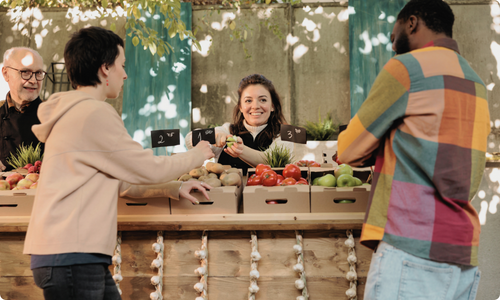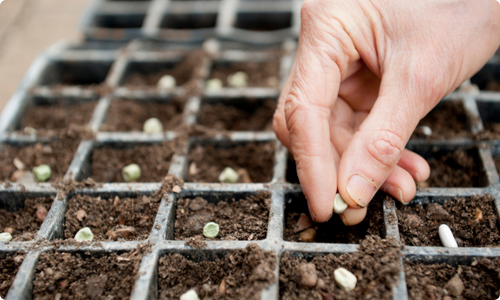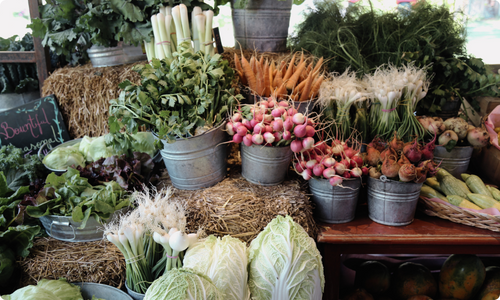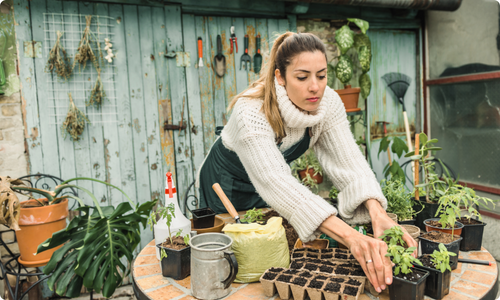Homesteading, while rewarding, can be a challenging journey. It's a path that becomes significantly more enriching and manageable when shared with a community of like-minded individuals. Creating a network of fellow homesteaders not only provides practical support but also fosters a sense of shared purpose and belonging.
This expanded blog post delves deeper into how to build and deepen these vital connections.
Embracing the Digital World for Community Building
In our connected age, the internet is a treasure trove of resources for homesteaders looking to build a community.
-
Specialized Online Forums and Groups: Beyond general platforms, seek out niche forums and groups dedicated to specific aspects of homesteading, such as organic gardening, permaculture, or heirloom seed saving.
-
Interactive Webinars and Virtual Workshops: Participate in or host online learning sessions. These can be great for exchanging tips and techniques with a wider audience.
-
Social Media Challenges and Collaborations: Engage your online network by initiating or joining challenges, like a 30-day sustainable living challenge, or collaborative projects such as a virtual cookbook of homestead recipes.

Strengthening Local Ties
While online connections are valuable, local communities provide tangible support and camaraderie.
-
Community Supported Agriculture (CSA): Joining a CSA not only supports local farmers but also puts you in touch with others who value sustainable living.
-
Neighborhood Sustainability Initiatives: Engage in or start local sustainability projects, such as neighborhood composting programs or a community solar power initiative.
-
Skill-Sharing Workshops: Organize or attend workshops where community members teach each other skills like canning, woodworking, or natural medicine.

Nurturing Relationships Through Collaboration and Sharing
The essence of a community lies in mutual support and shared growth.
-
Barter Systems: Establish or participate in a barter system where goods and services can be exchanged without money. This fosters a strong sense of interdependence and cooperation.
-
Joint Ventures: Consider larger collaborative projects, such as co-owning livestock or shared farming equipment, to reduce costs and foster closer ties.
-
Community Seed Libraries: Start a seed library to share and preserve diverse plant varieties, which can be an incredible resource for all local gardeners and farmers.

Engaging in Continuous Communication and Support
Maintaining regular contact and offering support is vital in keeping the community engaged and responsive.
-
Regular Community Meetings: Hold regular meetings or social gatherings to discuss ongoing projects, share successes and challenges, and plan future activities.
-
Online Forums or Chat Groups: Maintain a digital space for your local community to continue conversations, share updates, and provide support outside of physical meetings.
-
Mentorship Programs: Establish a mentorship system where experienced homesteaders can guide beginners, fostering a culture of learning and support.
Fostering a Culture of Inclusivity and Learning
A thriving community is one that welcomes diversity and fosters continuous learning.
-
Inclusive Events: Organize events that cater to all members of the community, including families with children, seniors, and people with different levels of experience.
-
Educational Partnerships: Partner with local schools, libraries, or community centers to offer educational programs on sustainability and homesteading.
-
Cultural Exchange Programs: Encourage cultural exchanges within your community, like international potlucks or storytelling nights, to celebrate and learn from the diverse backgrounds of your members.

Conclusion
Building a community among homesteaders is a dynamic and ongoing process. It's about creating a network where knowledge, skills, resources, and support are continuously exchanged. By nurturing these connections, you not only enrich your own homesteading journey but also contribute to a resilient and vibrant community. In the spirit of homesteading, let's come together to grow, share, and thrive.





